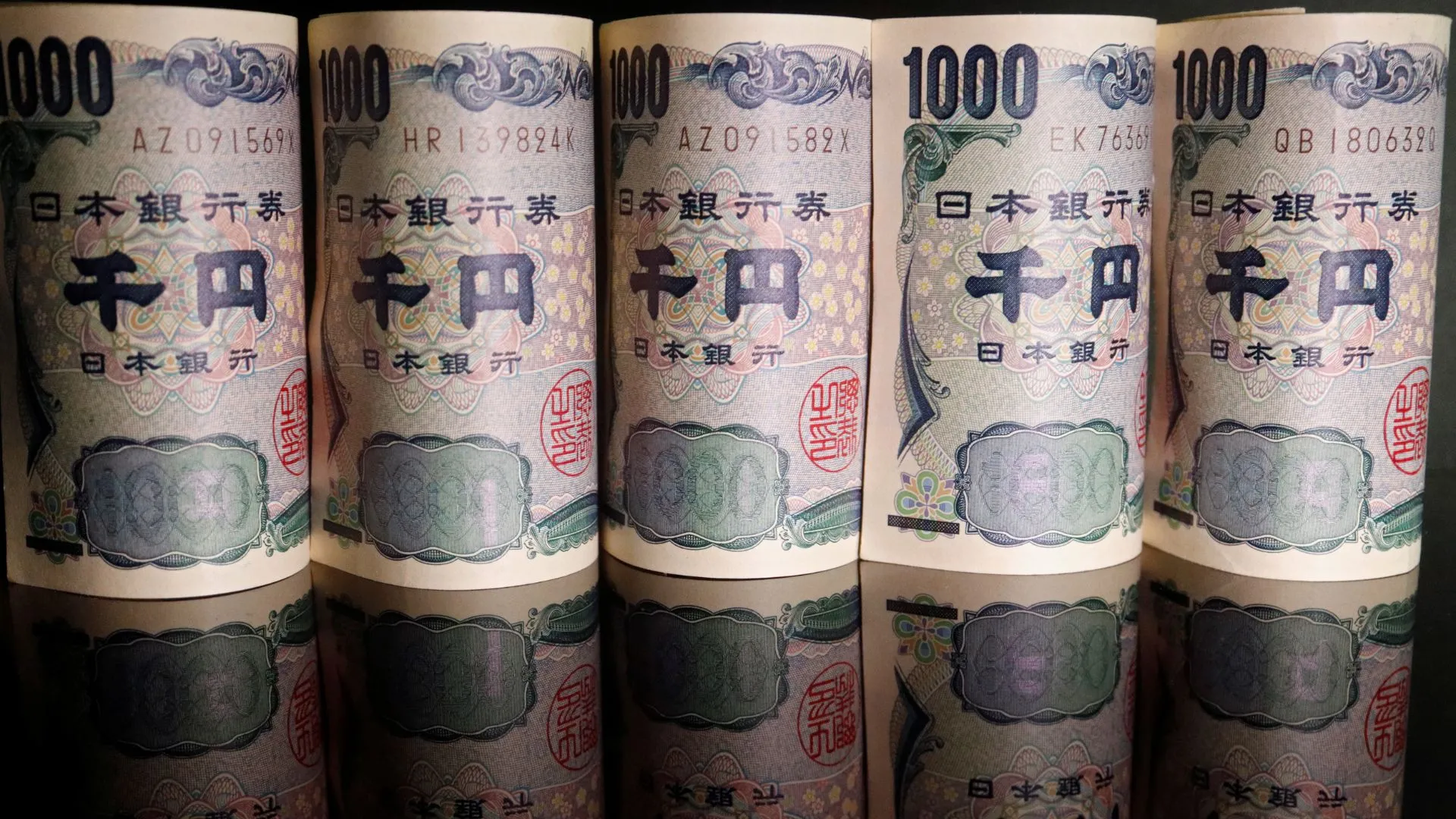Japan is thinking of purchasing back some of its long-dated government securities offered at low interest rates in the past. This action is intended to manage the sharp increase in bond yields of late and address the excess supply of such long-term securities.
The government will reduce the new issuance of super-long bonds, which include 20-, 30-, and 40-year maturities, in addition to the buyback plan. The Ministry of Finance (MoF) will finalize decisions after consulting bond market participants later this month.
Addressing Oversupply and Rising Yields
Yields on super-long Japanese government bonds (JGBs) skyrocketed in recent weeks, reaching record highs. The 30-year JGB yield reached a record high of 3.185% on May 21. The spike came as life insurers and other traditional buyers were less aggressive on buying.
Global concerns over expanding debt burden over Japan also triggered the selling. The resulting oversupply has warped the JGB market, forcing the government to act.
Government Plans and Market Response
The Ministry of Finance will have important meetings with market players on June 20 and June 23 to talk about the buyback strategy. Budget approval will be needed to buy back super-long JGBs and may take some time to execute.
Officials consider the cutting of new bond sales alone as inadequate. Mari Iwashita, a Nomura Securities executive rates strategist, stated that buybacks would be a step in the right direction to address the oversupply problem.
After reports of the potential buybacks, yields on Japanese government bonds declined. The 10-year benchmark yield fell by 0.5 basis points to 1.45%, with the 30-year yield paring gains to 2.89%.
PM Shigeru Ishiba is politically under pressure to implement tax reductions and boost spending before the July upper house election. These policies may exacerbate Japan’s already significant public debt. The government has to balance political pressure with fiscal stability issues.
Bank of Japan’s Role and Future Outlook
The Bank of Japan (BoJ) is presently operating a bond tapering program until March but will potentially decelerate its tempo from next fiscal year. BoJ policymakers will make this decision at their policy meeting on June 16-17. Market analysts anticipate the BoJ and Ministry of Finance (MoF) to coordinate in order to rein in surging super-long bond yields.
Japan’s deliberation of bond buybacks serves to address its pressing need to control market volatility and reassure investors. The government’s dual strategy of cutting issuance and purchasing bonds back serves to stabilize yields and prop up Japan’s massive public debt management.























